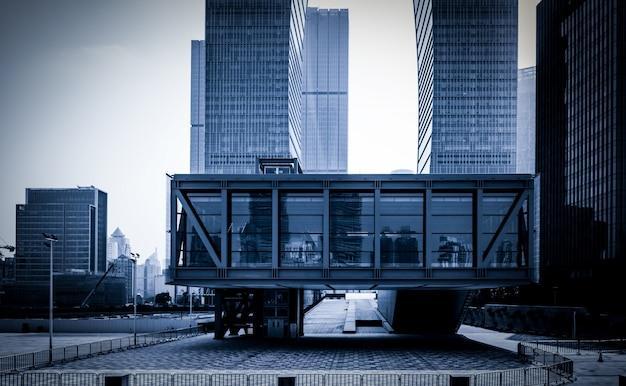Key Considerations When Exploring Commercial Properties

Entry into the sphere of property development can be tantalizing for entrepreneurial spirits and investors. The array of commercial properties is varied and includes everything from offices and storefronts to warehouses and manufacturing facilities. An indispensable part of your entrepreneurial pursuit is choosing the right property.
Therefore, today’s post will be devoted to essential questions that you can ask yourself while assessing any type of commercial area or property based on its features and facilities.
Quickly follow me through the process.
Commercial Property Exploration: Key Considerations
Here are some key considerations to keep in mind as you embark on your search for a commercial property:
1. Define Your Business Needs and Future Goals
The initial move headed towards change is inner examination. Consider carefully the different requirements of your business that can be further translated into space needs. In what way should you select your own commercial property based on your business needs? Is the location you choose a retail or office area, Is it a high-traffic neighborhood or a more secluded one?
To fairly allocate the spaces for current staff and equipment, as well as the growth plans for the future, you will need to decide on the size needed. Be mindful of the arrangement and function of the property’s space. With implementation, would the working process and the productivity and creativity of your team be affected?
2. Invest in the Right Location
Location is paramount in the world of commercial real estate. Just as with residential properties, the right location can significantly impact your business success.
Consider factors like accessibility for both customers and employees. Is the location easily accessible by public transportation or major highways? For retail businesses, a high-traffic area might be ideal. For office spaces, a central location with access to amenities might be more suitable.
Research the surrounding area and potential development plans that could affect the property’s value or customer base.
3. Understanding the Lease Agreement and Associated Costs
The rental agreement and related expenses are the prime aspects of the renewal process. Take time to go through the lease terms, such as duration, rent, and escalation rates, before you sign on the dotted line.
It is important to carefully review any additional fees or charges included in the lease agreement, such as utilities or maintenance costs. Make sure you understand your rights and obligations as a tenant to avoid any surprises down the line.
Besides the rent, be attentive to other expenses, namely property taxes, maintenance fees typical in business centers, and utility bills. Take into account extra budgeting for repairs and renovation of the unit, so that the space suits your specific needs.
4. Considering Alternative Property Options
While traditional brick-and-mortar buildings dominate the market, exploring alternative property options can be advantageous in certain situations. For instance, a manufactured residence dealer might offer prefabricated commercial structures suitable for smaller businesses or pop-up ventures.
These structures can be a cost-effective solution, with shorter construction times and potentially lower ongoing maintenance costs compared to traditional buildings.